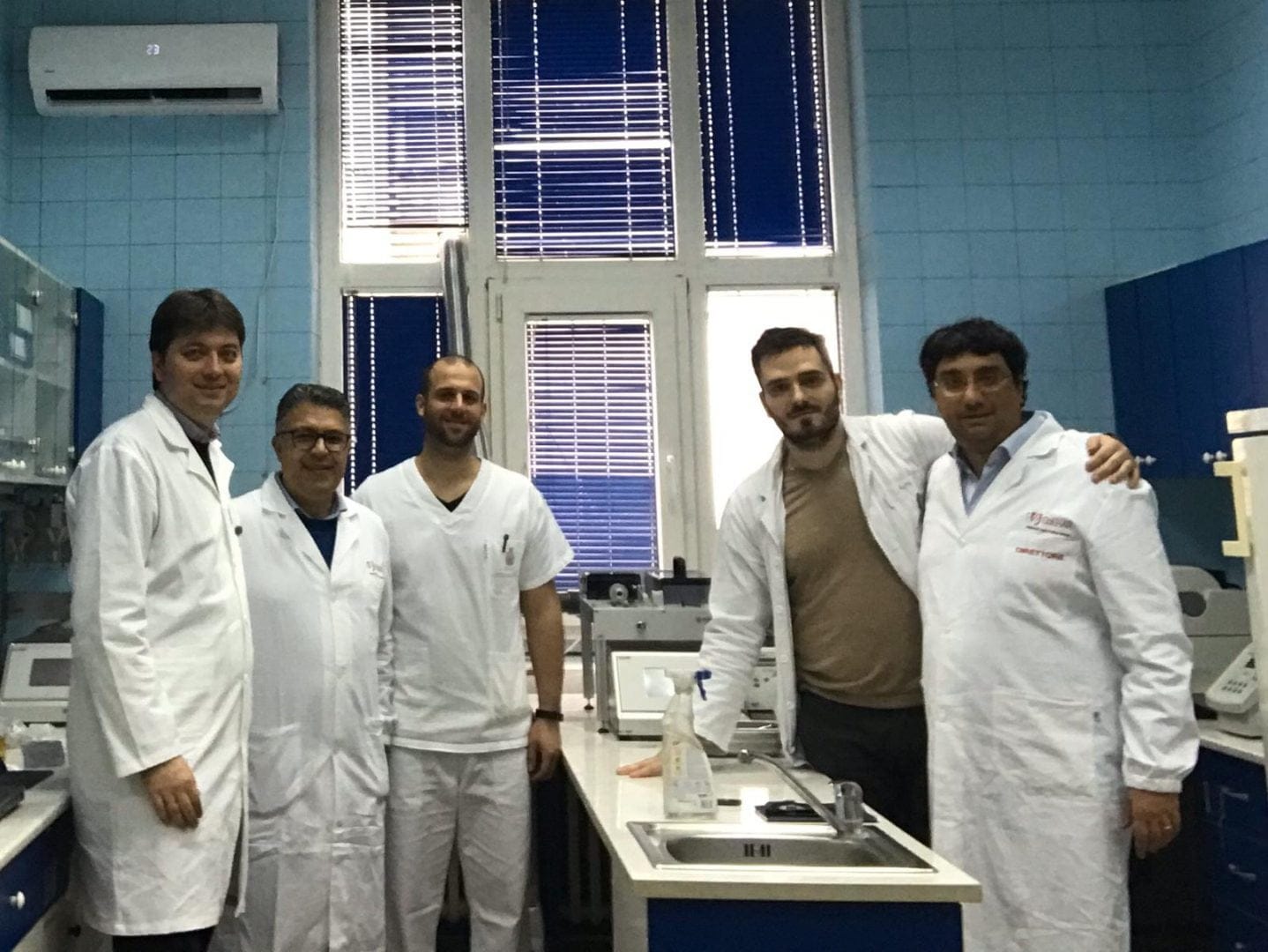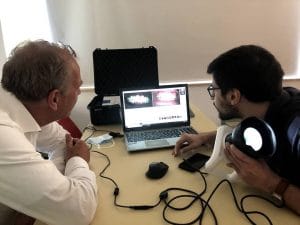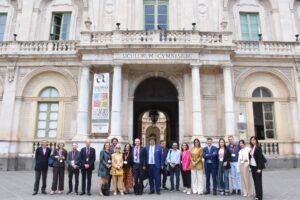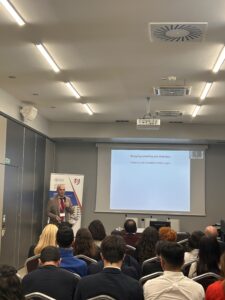The interview of the national TV of Serbia went on air on February 20, which recounted some phases of the tour that in these days sees the director of CoEHAR, Giovanni Li Volti, and the co-project leader of Replica, Massimo Caruso in a journey with different stages around the world, useful to share with the academic partners all the results received by the Replica Project to date.
http://rtk.co.rs/kragujevacki-fmn-ucesnik-medjunarodnog-naucnoistrazivackog-projekta/
This is the text of the article published in the RTK newspaper.
Kragujevac FMN participates in an international scientific research project
Graduates of the Faculty of Medical Sciences of Kragujevac are participating in an international scientific research project conducted under the guidance of Italian professors in six countries around the world. At the center of the scientific theme: research into the damage caused by conventional cigarette smoke.
Currently, Currently, the scientists of the University of Catania have introduced very high standards in laboratory instrumentation. For the first time in Serbia the research will be conducted following the same international standards as all the partners involved in the project. A machinery and device of the highest standards necessary to test the harm of tobacco smoke on the cellular structure has been installed in a new laboratory in Kragujevac.
Therefore, Kragujevac is part of an international team led by Italian professors and the partner countries are: Serbia, United States of America, Russia, Oman, Indonesia.
The joint results expected in a year will be public. During this time, doctors will also have the opportunity to share knowledge.
The Faculty of Medical Sciences of Kragujevac participates in a unique research on the harm and effects of tobacco smoke on human health.
The faculty dean, Professor Vladimir Jakovljevic, also spoke with the guests associated with the international project. Cooperation between Kragujevac and Italian universities is traditional. The laboratories in six different countries of the world are ready, as well as the team, evaluated by the participants in the scientific research project.




